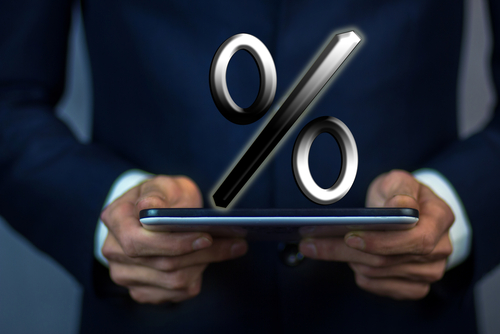Buy To Let
Interest rates unlikely to rise before 2019, finds BBC economist survey

Interest rates are unlikely this year or next, according to a BBC survey of leading economists.
This is in spite of CPI inflation running ahead of the Bank of England’s 2% target. Inflation sat at 2.6% in July, against analyst forecasts of 2.7%. Retail price inflation was higher at 3.6%, meaning hefty retail price rises.
Half the economists surveyed said they thought wage growth would outpace inflation in the first half of 2019. They believe the Bank of England is unlikely to raise rates during the Brexit negotiations.
Last week, the minutes of the Monetary Policy Committee meeting showed just one MPC member, Michael Saunders, recommending a ‘modest’ rise in rates to curb inflation. In June, three members had voted for a rate rise. Mark Carney has consistently said that now is not the time for a rate rise.
The base rate has stood at a record low of 0.25% since August 2016 – the first move since March 2009, when it was reduced to 0.5%.
Charlotte Nelson, finance expert at moneyfacts.co.uk, said that even if rates rose, the impact on borrowers would be minimal: “A small increase of 0.25% will have a relatively small impact on interest repayments. (Our research) shows that even those sitting on the average Standard Variable Rate (SVR) of 4.60% will see an increase of just £17 in the first instance. This will of course be dependent on where a borrower is in their mortgage journey, with those closer to being mortgage-free likely to see even less of an effect with a 0.25% increase, as they will have already repaid a significant proportion back to the lender.”
However, she adds that when it does happen, mortgage lenders are more likely to pass on rate rises in full, whereas they have not always passed on cuts in the Bank Base Rate. She added: “Data from moneyfacts.co.uk shows that when Base Rate was cut on 4 August 2016, the average two-year variable tracker rate stood at 2.14%, while on 1 September it stood just 0.20% lower at 1.94%, showing that the reduction was not fully passed on. Despite this, when Base Rate does eventually rise, it is likely lenders will pass the full force of the rise on to borrower.”